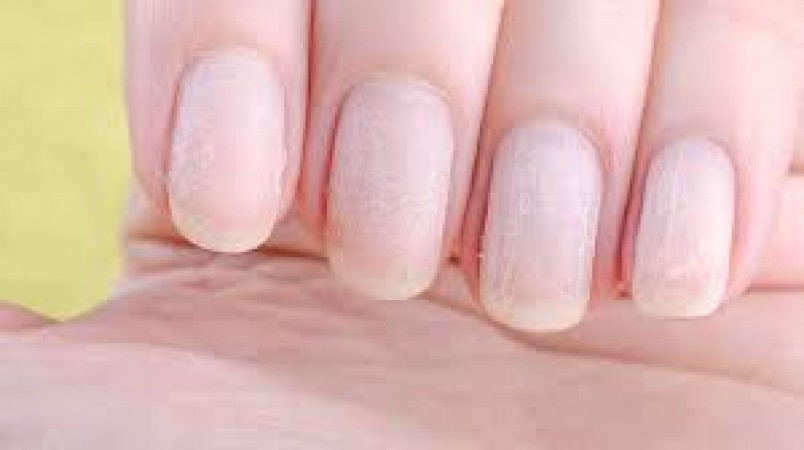
Your nails may seem like small, inconsequential parts of your body, but they can actually reveal a lot about your overall health. One crucial aspect they can shed light on is your body's vitamin levels, particularly vitamin B-12. Let's delve into how your nails can act as silent messengers, signaling potential deficiencies in this essential nutrient.
Vitamin B-12, also known as cobalamin, plays a vital role in various bodily functions, including nerve cell health, red blood cell formation, DNA synthesis, and energy production. It's primarily obtained from animal-derived foods like meat, fish, eggs, and dairy products. However, deficiency in this vitamin is not uncommon, especially among certain demographic groups.
Several factors can contribute to a deficiency in vitamin B-12, including:
While the symptoms of vitamin B-12 deficiency can vary widely, changes in nail health are one potential indicator that shouldn't be overlooked. Here's how your nails may reveal clues about your vitamin B-12 status:
Nails that are brittle, weak, or have pronounced ridges running along them could be a sign of vitamin B-12 deficiency. These abnormalities may indicate disruptions in the normal nail growth process, which can occur due to insufficient levels of this essential nutrient.
A condition known as koilonychia, characterized by nails that appear scooped out or concave, may also be associated with vitamin B-12 deficiency. This abnormal shape can occur when there's a lack of healthy red blood cells, which are crucial for nail structure and growth.
Changes in the color of your nails, such as a pale or bluish tint, may suggest underlying health issues, including vitamin deficiencies. While various factors can contribute to nail discoloration, including trauma and fungal infections, vitamin B-12 deficiency is among the potential causes to consider.
If you notice any concerning changes in your nail health or suspect you may have a vitamin B-12 deficiency, it's essential to consult a healthcare professional for proper diagnosis and treatment. A simple blood test can determine your vitamin B-12 levels and help identify any underlying issues contributing to deficiency.
Depending on the severity of the deficiency, treatment may involve vitamin B-12 supplements, either in oral or injectable form. Additionally, incorporating vitamin B-12-rich foods into your diet, such as lean meats, fish, eggs, dairy products, and fortified cereals, can help boost your intake of this essential nutrient.
Your nails serve as more than just a canvas for polish—they can provide valuable insights into your overall health, including your body's vitamin B-12 status. By paying attention to changes in nail texture, shape, and color, you can potentially catch signs of deficiency early and take proactive steps to address them. Remember, when it comes to your health, even the smallest clues can make a big difference.
Mahindra trademarks the name 'Scorpio X', this pickup model may hit the market next year...
Ukraine's Prime Minister Calls for New Sanctions on Russia Following Navalny's Death